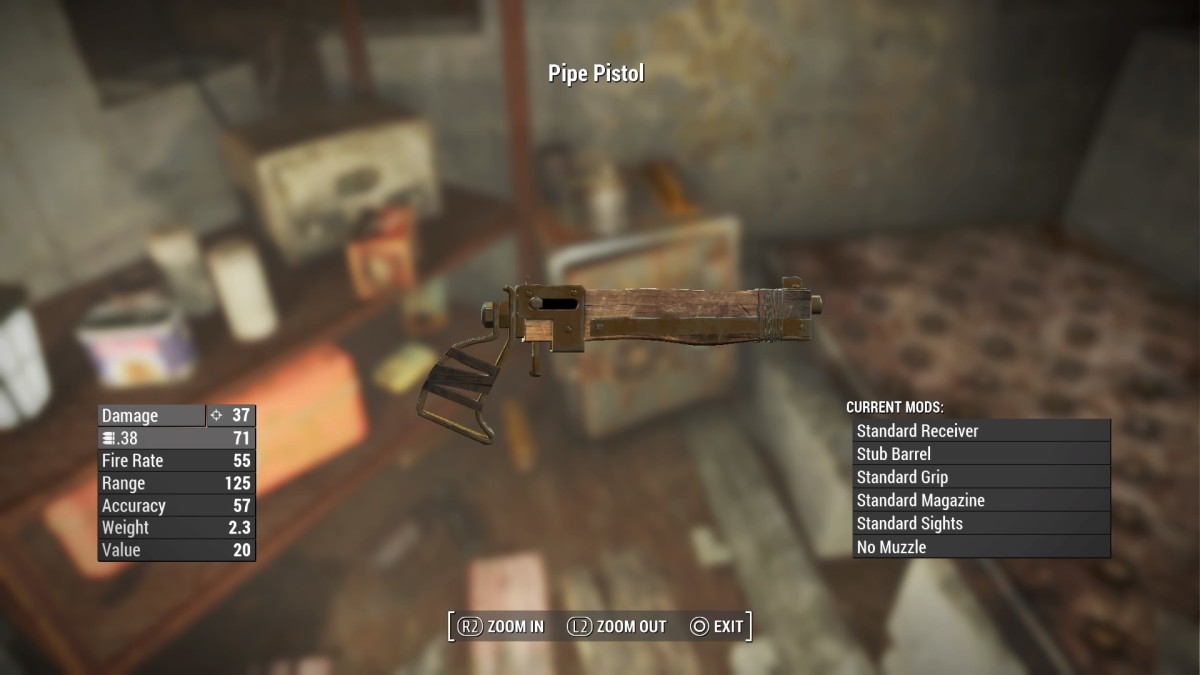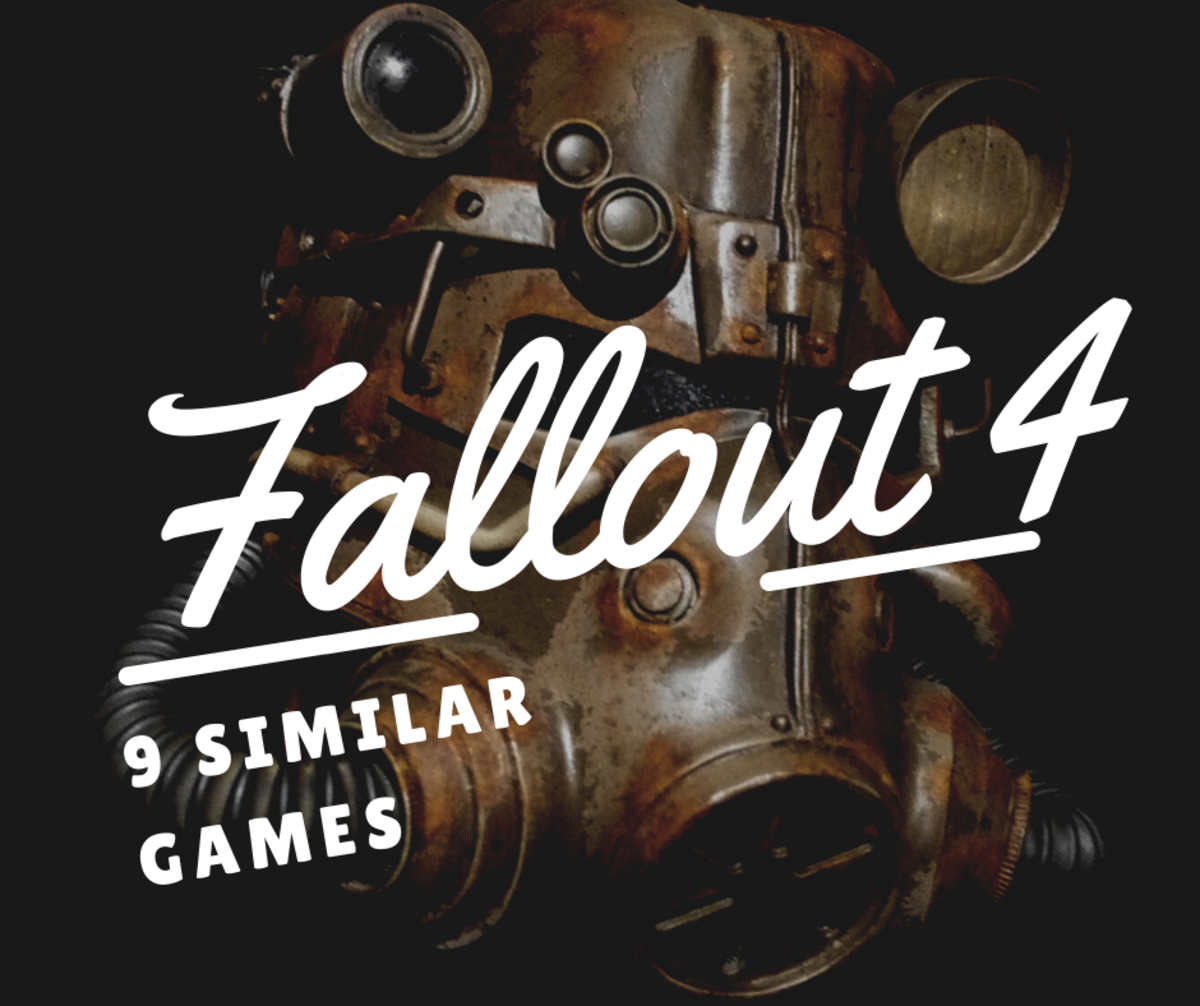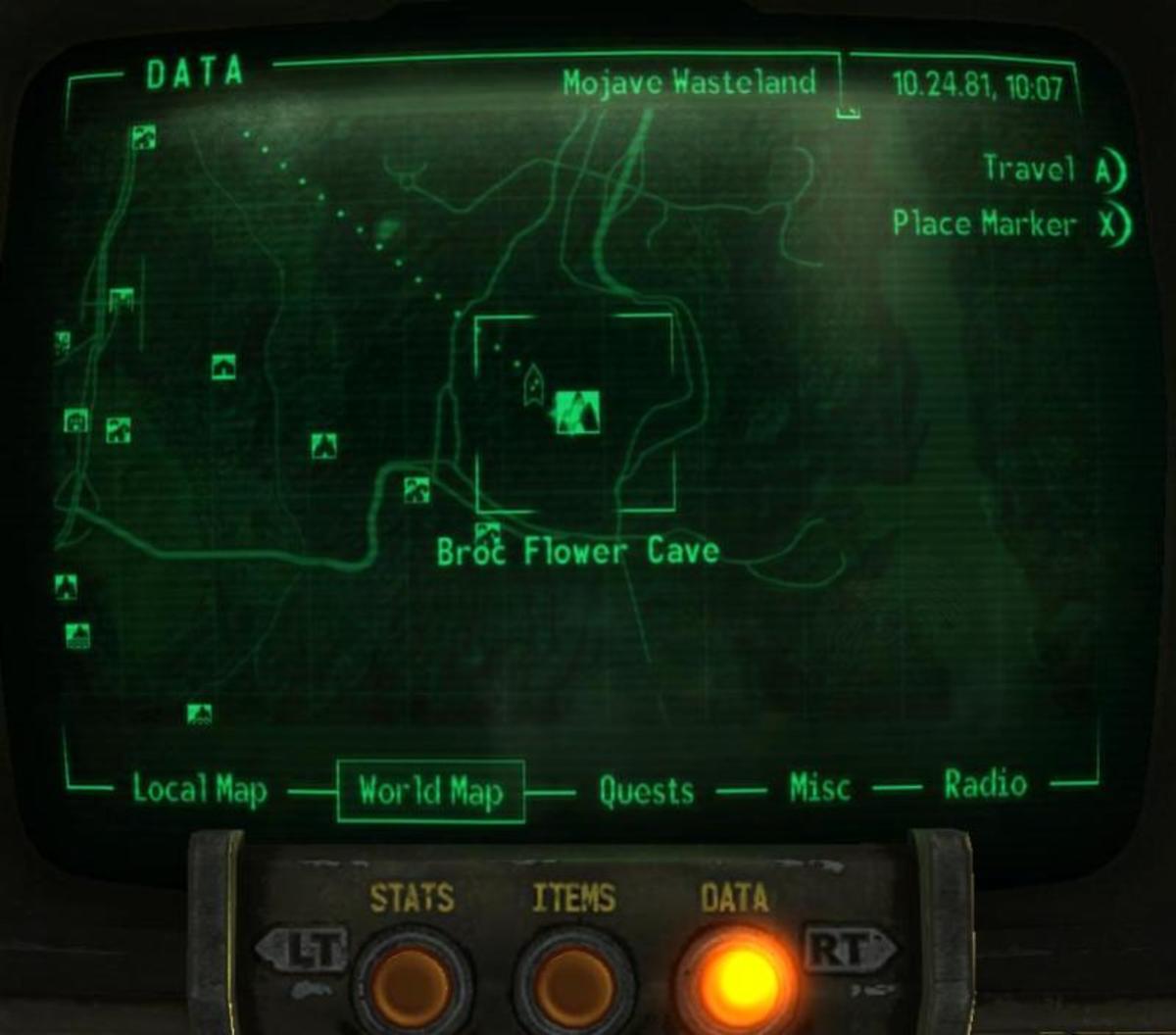- HubPages»
- Games, Toys, and Hobbies»
- Computer & Video Games»
- Roleplaying Video Games»
- Western Roleplaying Video Games
"Fallout 76" and the Art of Conversation (Or Lack Thereof)

Maybe
Bethesda has comfortably straddled the line between incompetence and malice for while, especially with its handling of the Fallout IP it grappled with for a number of years. From boycotts when Fallout 3 was decidedly a first person shooter to their (and parent company Zenimax's) myriad of legal disputes, Bethesda has trodden on all the toes it can on its way to success.
Remaining blissfully disconnected from the series he and his team were working on, Bethesda vice president Pete Hines continued to alarm Fallout 76 players and gamers at large by stating he was "a little surprised how few people wanted to take part in PvP and how many more were interested in PvE" in a recent US Gamer interview. It might have to do with the fact that player-versus-player combat rules were at best confusing; at worst clearly and insultingly unrewarding. And that it was woefully underdeveloped versus the myriad of perks that made teamwork much more appealing and necessary.
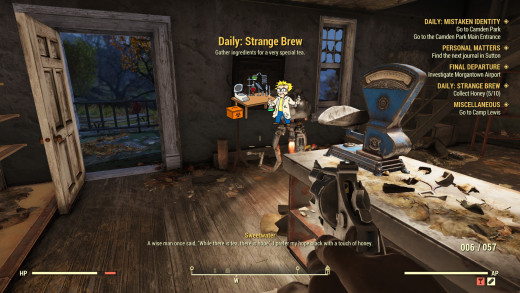
Fallout has never in its history featured player-versus-player combat. That's precisely why of all Zenimax's owned development houses, Bethesda Game Studios would have been the most suited for a single player roleplaying game. Why they're in the business of making a quasi-massively multiplayer online (MMO) with little support from other studios rushed out to meet a mid-November release date is beyond me. Barring, err, their staggering track record.
If Bethesda got one thing right it's that Fallout is not its combat. From the original 1997 release to Fallout 4 and 76, the shooting has never been satisfying, from interfacing to the impact. I realise it's a staggeringly unpopular opinion that I far prefer the CRPG combat and its gore effects, but the point remains: Fallout is far better when you could resolve most affairs through other means.
In the first game the greatest challenge was not necessarily enemy scaling or gearing, rather the many time limits quests were sensitive to. It was more about knowing which pixels to push to get an item obscured by the dark autumnal art style and rugged graphical fidelity, or getting as much info as you can from a single encounter with an NPC. There were no quest pointers, little journal help, vague directions from NPCs which weren't always correct, and all of this meant the developers had to come up with more ways for you to complete and fail quests. They did it spectacularly: a lot of encounters can be resolved through stealth and persuasion, and the most important conflict of all - quite possibly the greatest in Fallout lore - can be ended by providing a shred of evidence and a silver tongue.
In Fallout 2, there's greater efforts to provide a tutorial, albeit it is lacking in immediate information. You can escape various combat encounters with explosives, lockpicking, sneak, survival skills, and can engage enemies with a number of weapons that will better suit the many skills there are. You can even skip the "proper" combat tutorial with speech, which is commended as you exit the trials. It's quite clear where quests were to be more elaborate than they already are with espionage and sabotage, were it not for the time and budget constraints.
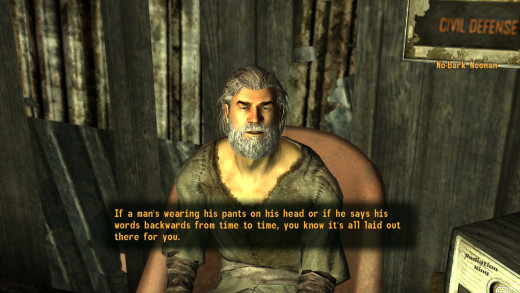
Fallout: New Vegas wears its original developers' DNA on its sleeve. Obsidian Entertainment, in approximately 18 months, had brought back reputation and made it significantly more impactful than the binary morality system. Thiswas another axis to character development and moral choice from the original two Interplay games. The ideas that couldn't apply to 2's New Reno were added to New Vegas, continuing the idea of getting factions to destroy each other, or crippled enough to be manipulated by yourself. The most memorable moments for me, between having to make it to the Boomers' air base, entering the hub-based Freeside, meeting Caesar for the first time and seeing Mr. House's true form, were the ones were I had to resolve conflict at the Hoover Dam. I could do this with a violent shootout that should be impossible - I'm one Courier versus either a superhuman Legate or a tactically better positioned General Oliver, or I could resolve things through high skill checks in dialogue, and actually persuasive dialogue at that.
While I do commend Fallout 3's efforts at its means of dispersing enemies and completing quests via other means than violence, it's comical for all the wrong reasons. I don't want to use the phrase "edgy" when I describe the dialogue interactions Bad Lone Wanderer has with people to intimidate or generally converse with them, but I can only describe it as reading like a terrible teenage fanfiction who's noticeably projecting their desires unto the game. Enemies react out of proportion, fleeing screaming rather than attempting discourse and stepping down like a believable human being.
It's still better than Fallout 4, wherein there isn't even a hint at personality of any one character. Enemies just drop out of the fight or continue, enraged but gaining no benefit from their andrenaline burst. Combat happens for the sake of combat happening, in a world where random encounters and other trash fights that are not only possible but expected.
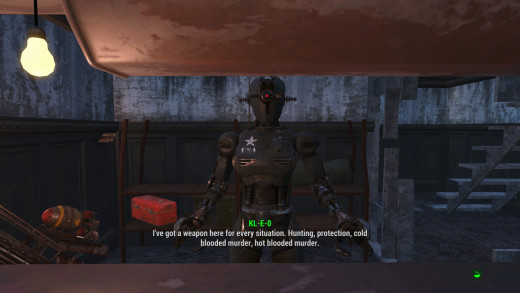
I don't want to set the world on fire
If ever anyone was asking for a multiplayer Fallout, it was precisely to play cooperatively. I'm not so naive as to think that slapping on co-op makes a game automatically better (literally anything is better with friends), but I do think it would have been more worthwhile for Bethesda to code cooperative functions into existing games such as Skyrim, which they're more than happy to re-release numerous times with minor variations (read: bugs as well as fixes), rather than a fully blown as-a-service game that requires no end of babysitting. That's giving Bethesda more credit than deserved.
It's not unfair to expect the upcoming Wastelanders update to show that NPCs will act like human beings, and be interacted with beyond responses to violence, is it?
Maybe.

